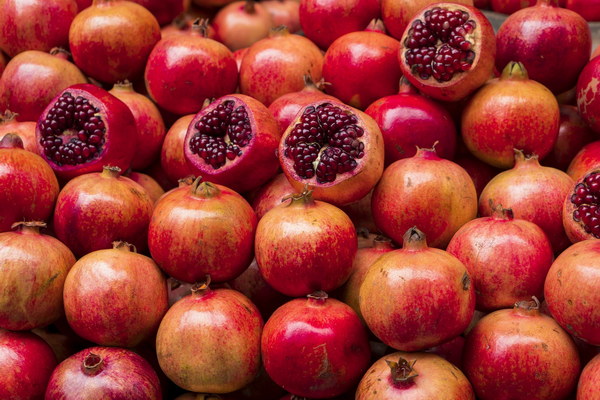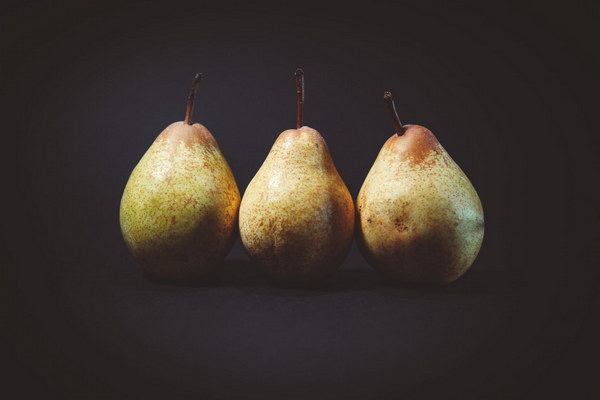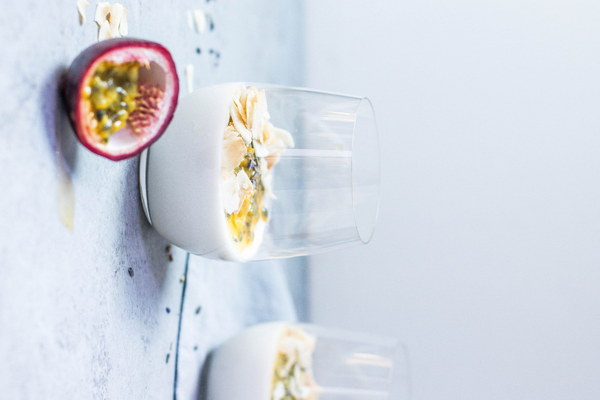Ajo or Mugwort Which is Better for Removing Dampness
In traditional Chinese medicine, both mugwort (Ai Cao) and ginger (Jiang) are highly regarded for their ability to expel dampness from the body. Dampness, according to this medical system, is a common cause of various health issues, including fatigue, joint pain, and digestive problems. However, many people often wonder which of these two herbs is more effective in removing dampness. In this article, we will explore the properties and benefits of both mugwort and ginger to help you decide which one is better suited for your needs.
Mugwort, scientifically known as Artemisia vulgaris, is a versatile herb with a long history of use in Chinese medicine. It is believed to have warming properties that help to expel cold and dampness from the body. Mugwort is often used in the form of moxibustion, a technique that involves burning dried mugwort over specific acupuncture points to stimulate the flow of Qi (vital energy) and improve circulation.
The benefits of mugwort in removing dampness include:
1. Warming effect: Mugwort is considered to have a strong warming effect, which can help to eliminate dampness by promoting blood circulation and improving body temperature.
2. Detoxification: Mugwort is believed to have detoxifying properties that can help to remove excess dampness and toxins from the body.
3. Pain relief: In traditional Chinese medicine, mugwort is often used to alleviate pain, such as joint pain, due to dampness.
On the other hand, ginger, scientifically known as Zingiber officinale, is a popular spice and medicinal herb that is well-known for its warming properties and ability to aid digestion. Ginger is often used in the form of tea or added to various dishes to help expel dampness and improve overall health.
The benefits of ginger in removing dampness include:
1. Warming effect: Similar to mugwort, ginger has a warming effect that can help to expel dampness and improve body temperature.
2. Digestive aid: Ginger is known for its ability to stimulate digestion, which can help to break down and expel dampness from the body.
3. Anti-inflammatory: Ginger contains compounds that have anti-inflammatory properties, which can help to alleviate joint pain and other symptoms associated with dampness.
So, which is better for removing dampness: mugwort or ginger?
The answer to this question largely depends on your specific health needs and preferences. While both herbs have similar warming properties and can help to expel dampness, they have different mechanisms of action and may be more suitable for different individuals.
If you are looking for a method that directly targets acupuncture points and promotes Qi flow, mugwort may be the better choice for you. Moxibustion can be a powerful tool for those who are looking to address dampness-related health issues, particularly those involving coldness, pain, or poor circulation.

On the other hand, if you are looking for a more accessible and versatile option that can be incorporated into your daily diet or routine, ginger may be the way to go. Ginger tea, ginger-infused dishes, and other ginger-based remedies can be a convenient way to support your body's natural ability to expel dampness and improve overall health.
In conclusion, both mugwort and ginger have their unique advantages in removing dampness. It is essential to consider your personal health needs, preferences, and lifestyle when choosing the most suitable herb for you. It is also recommended to consult with a qualified healthcare professional before starting any new treatment or regimen.









